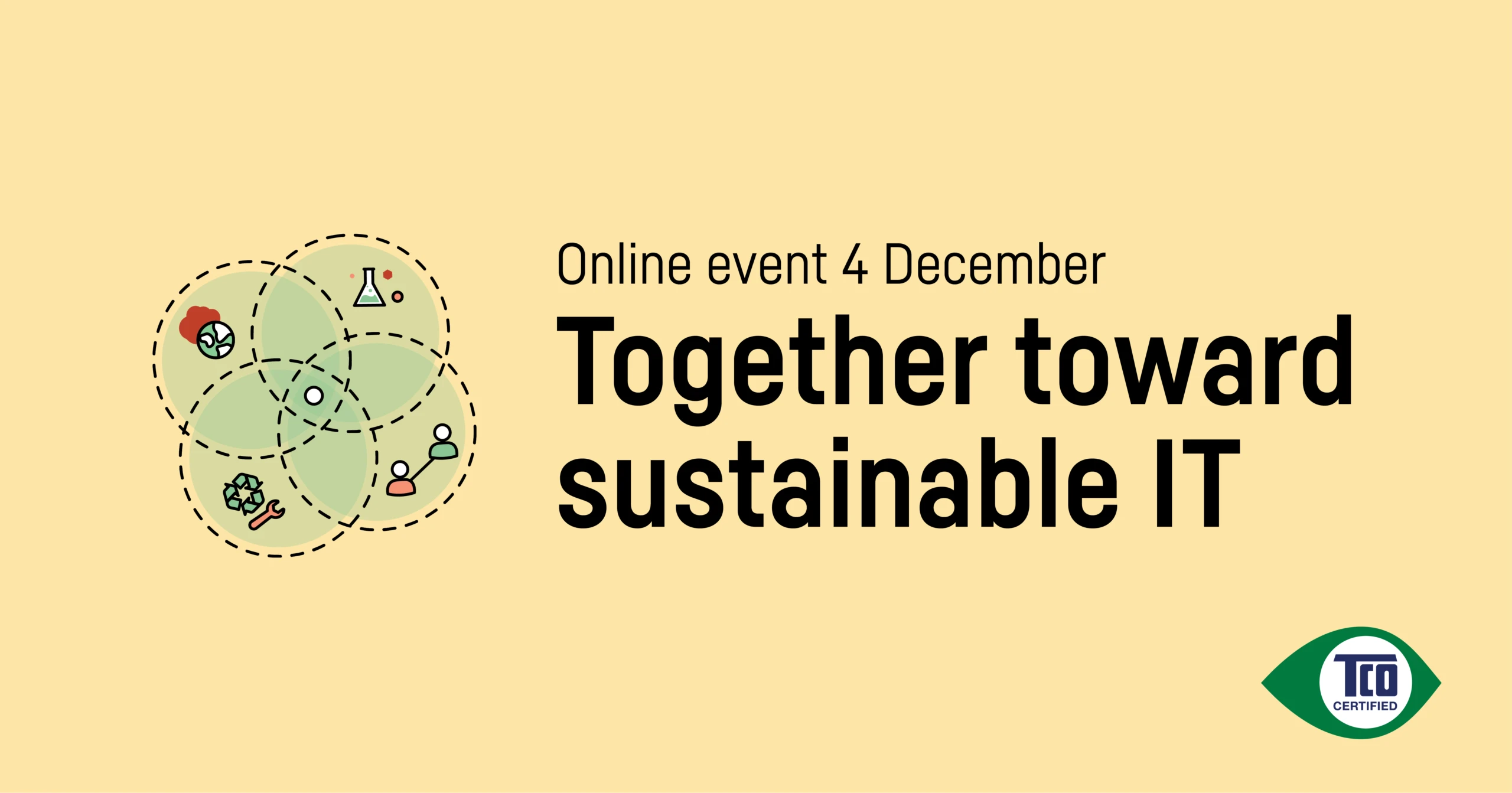With the new EU circular economy action plan, including sustainability aspects in requests for proposals will be mandatory for public procurers. Barton Finn looks into the action plan and presents some tips on how to prepare.
In Europe, public procurement routines haven’t really evolved since the introduction of the EU 2014 public procurement directives. Things are about to change with the new circular economy action plan recently unveiled by the Commission. With all eyes on making Europe climate neutral by 2050, it outlines significant changes likely to impact public procurement in many ways.
In essence, the plan points at the current failure in effectively exploiting the 14 billion worth of annual public spending to drive sustainable consumption and production models. To change that, it foresees to introduce minimum mandatory green public procurement criteria, targets and reporting obligations across the entire European Union.
How will European public purchasers be affected and what can they do to prepare for those evolutions? Here are a couple key takeaways:
1. Mandatory green public procurement criteria and reporting
The proposed new measures represent a dramatic shift from the voluntary approaches previously developed: it means that the EU is now recognizing that the demand drives the availability of more sustainable products on the market — not the opposite. As a result, European procurers will soon be legally required to include green considerations in their requests for proposals. Learning how to do it and building the appropriate expertise will undoubtedly be a challenging task for most of them, especially considering the fact that 60% of public contracts were awarded only on the basis of the lowest price in 20181.
2. Increased accountability for procurers to deliver on the circular economy
The introduction of concrete political targets is also important as those will clearly formalize the leading and exemplary role public organization should have for the rest of society. Their main benefit will be to provide actual numbers instead of relying only on unspecified policy objectives. Quantified targets will indeed enable us to precisely calculate and integrate the contribution of green procurement within EU and national climate neutrality objectives. Ultimately, they will also make procurers really accountable for delivering against them.
3. Redefinition of public procurement processes
In the long run, those new obligations and responsibilities should drive important changes in the public procurement process. They are likely to impact each of its steps: from how public purchasers initially define their needs to make sure those now also include sustainability to how they communicate on the sustainability aspects of their award decisions — for example as part of their organizational reporting.
Overall, we can be confident those new measures will spur the needed changes to make green public procurement a reality. Their success is however heavily dependent on the actual level of ambition of the targets and mandatory criteria which are still to be determined: they must be able to really challenge the industry to be effective.
Furthermore, an aspect that seems to be overlooked by the Commission plan is how compliance with the set requirements will be ensured. Independent and ongoing monitoring of compliance is indeed central if you don’t want the criteria to become meaningless. It is also disappointing that social considerations are still not included as part of those efforts.
In any case, what is now certain is that public purchasing organizations and their procurement units will need to quickly adapt to be ready when these new obligations will start to be enforced, approximately one year from now. Here are a few recommendations on how they can best prepare:
If IT is an important procurement category for your organization, TCO Certified can support you in adapting for those changes. Do you want to learn more about what the certification covers and how you can use it in a contract? Our dedicated purchaser support team is here and happy to help. Our support is free of charge and focused on helping you reduce risk and take the next step in environmental and social responsibility.
Find contact details for all members of our purchaser engagement team here.




